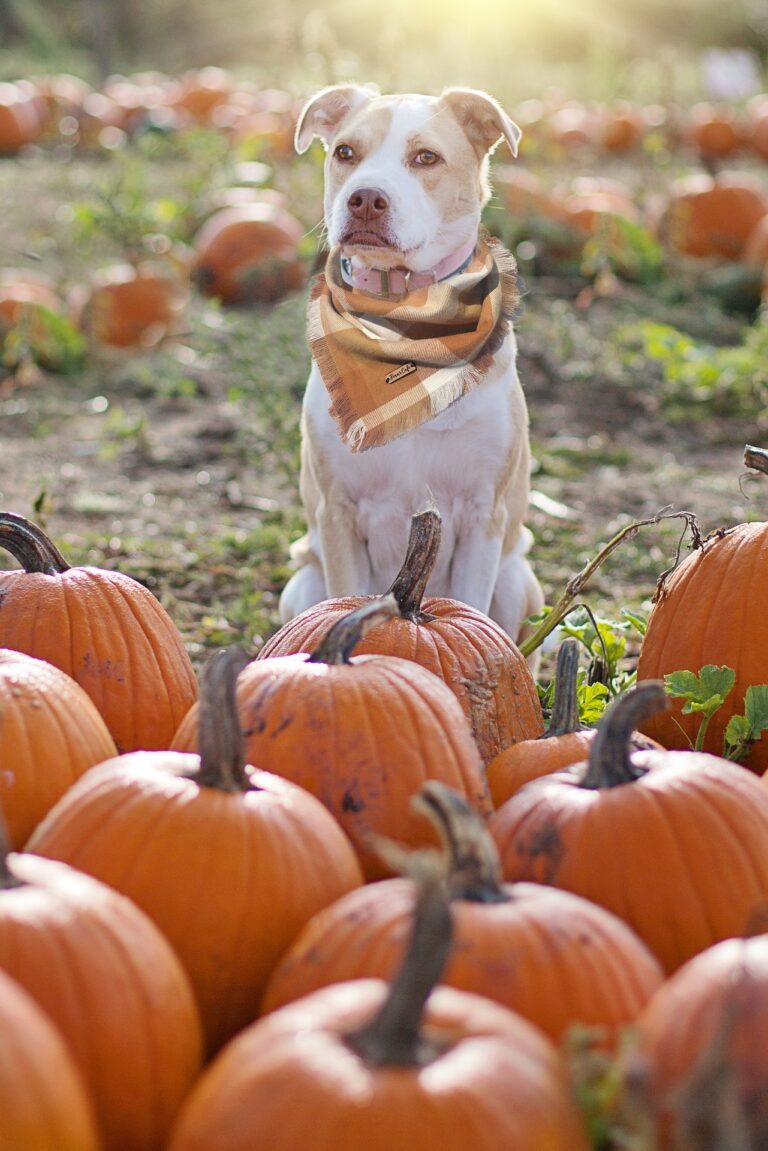Your dog is drinking more than usual? No need to get worried right away. This behavior can have natural causes. Is it due to the weather, a change in food or is it a health problem? Find out here what the causes are and when a trip to the vet is necessary.
Natural causes for a change in drinking behavior
40 to 100 milliliters of drinking water per kilogram of body weight are normal for dogs. Therefore, you should first rule out that an increased water intake has something to do with high outside temperatures and warm heating air. The time of the last water intake is also crucial if the dog is drinking noticeably more. A long walk or run next to the bike will also promote thirst. Salty treats or more dry food than wet food can also cause your dog to develop greater thirst than before.
These are behaviors that are unique to notice. If your pet shows a different drinking behavior that lasts for days, it needs to be questioned.
Your dog drinks a lot – what to do?
If you notice that your dog is drinking more than usual, first rule out all environmental causes. Then the following explanations come into question
1. Diseases of the gastrointestinal tract
When a lot of fluid is excreted through vomiting or diarrhea, the body develops a natural need for water. In this way, it compensates for what it has lost. In this case, you should give special food and make sure that the stomach and intestines settle down
In any case, rule out food intolerance if you have just changed it. In this situation it is better to use the usual food and wait for the diarrhea and vomiting. Afterwards you can change the food again. This must be done very slowly. If there is still an intolerance, discontinue the food.
2. Kidney diseases
Your dog drinks much more than usual when the kidneys are diseased. Normally, this disease only appears at an advanced age. Younger dogs can still be affected if the dog food does not have an optimal composition. Usually kidney disease occurs as an interaction of many factors. These include hereditary stress, breed, a stressed immune system and diet.
The kidneys filter the dog’s blood to flush out possible toxins. If the kidneys are no longer fully functional, toxins remain in the bloodstream, causing further illness. The dog then drinks a lot to dilute the toxins and get rid of them through additional urination.
Kidney disease can also manifest itself through other symptoms. If the increased drinking is accompanied by the following behaviors, you should consult a veterinarian
- In addition to an increased water intake, the amount of urine secreted also increases
- The appetite decreases
- Weight loss
- Diarrhea and/or vomiting
- Sores on the mouth
- Acute kidney failure
In acute kidney failure (renal insufficiency), your dog has little appetite, vomits or suffers from diarrhea, and barely urinates. Shock, toxins, cardiovascular disease or urinary tract obstruction may be responsible.
- Chronic kidney failure
If acute kidney failure is not treated, the kidneys are permanently damaged. Due to inflammation, immune disorders, old age or tumors, the body is less and less able to rid itself of toxins. This results in weight loss, the dog drinks a lot and urinates more frequently. Vomiting and diarrhea also occur in the chronic variant. If fluid is excreted more often, harder feces form due to lack of water. Without treatment, the animal cannot survive this condition.
3. Diabetes mellitus
Dogs can also suffer from diabetes, which is caused by poor quality food. In this disease, the level of sugar in the blood is increased, which is normally kept constant by the secretion of insulin. The food is metabolized and the individual nutrients end up in the bloodstream. The glucose molecules are the energy suppliers that need to get into each cell. To do this, the pancreas produces the hormone insulin, which carries the glucose into the cells.
In diabetes mellitus, too little insulin is produced or the cells have developed insulin intolerance and can no longer absorb glucose in sufficient quantities. More sugar than necessary remains in the blood, which has health consequences
Your dog drinks a lot to compensate for the increased sugar level in the blood by urinating more frequently. However, this approach only helps to a limited extent. In this case, a change of food is important, because sugar must not be contained in dog food. If the dog’s behavior still does not improve after a change, the functioning of the pancreas must be clarified by a veterinarian.
4. Uteritis
In bitches, in case of increased water intake, the possibility of uterine inflammation must be clarified. Here we are talking about inflammatory processes associated with increased water intake.
5. Cystitis
If a human falls ill with cystitis, it is recommended to drink a lot. Dogs instinctively follow this advice. They take in more water, which causes them to urinate more frequently. In this way, the germs can be flushed out and do not travel further up the ureter.
If the bacteria have already fought their way up the ureter, the animal needs medical attention. The dog drinks a lot, but the symptoms do not change because the disease is too advanced. The dog urinates in very short intervals, with only droplets coming out. If the bacteria have spread too far, antibiotic therapy must be given by the veterinarian so that the symptoms do not worsen.
Neutering
Your dog drinks a lot and has just been neutered? Then you don’t need to worry, because the increased water requirement is related to the surgery. The anesthetic has to be flushed out, and at the same time castration means a serious change in the hormone system of the animal. Increased water intake will speed up your dog’s recovery, because more frequent urination will cleanse the organism more quickly.
Is your dog mainly fed dry food?
If you feed your dog mainly dry food, the animal’s body will suffer from a lack of fluids. Your dog will then drink much more to compensate for this deficiency. Species-appropriate food in the form of fresh meat always has a water content. This is missing in the dry food, which is why your animal will drink more water. Feeding dry food exclusively is not suitable for the organism and may promote the development of bladder stones
Dry food does not occur in nature. It was made by man as a practical food. Dogs need wet food based on their needs. Dry food should be given only as a treat, if at all.
Healthy food prevents and relieves symptoms
There are many triggers that at first glance you might not associate with kidney disease. These include blood loss, infections or medications. A dog will drink much more if it has lost blood and the amount of fluid needs to be replaced. Fluid needs are also high after surgery, trauma or shock. If your dog has eaten something toxic, he will also need more water to flush the toxins from the body.
While inflammatory processes require medical therapy, switching to a healthy dog food will help with most gastrointestinal conditions and diabetes mellitus. Make sure to do this within a reasonable period of time, as abrupt switching can lead to stomach and intestinal problems.
Healthy dog food contains a high proportion of meat, as a wild animal also finds in nature. Please use grain only cooked, because in prey animals grain is pre-digested and therefore easier to digest. Bananas, broccoli, cucumbers, kohlrabi and carrots cover the need for minerals and vitamins. Many animals tolerate the vegetables better if they are served cooked, as with potatoes.
In cases of kidney disease, switch to feed that is low in phosphorus. This can alleviate the symptoms and curb the progression of the disease. In parallel, the amount of protein consumed should be reduced. Proteins cause an acidic change in the acid-base balance. If their intake is reduced, this balances out and changes to an alkaline environment. This is important for a healthy metabolism and kidney function. Therefore, a change to dog food with little protein, phosphorus and salt is recommended.
Dog drinks a lot: FAQ
1. My dog drinks a lot of water, is he sick?
This behavior can have logical causes such as heat, activity or dry food. If the behavior persists, there may be a serious illness behind it that should be evaluated by a veterinarian.
2. Is increased urination normal?
Is your dog drinking more water than usual? Then it is normal that he urinates more often. If this change in behavior occurs after a few days, everything is in the green. If the behavior does not change, it is usually an attempt at detoxification, which should be examined and treated by a veterinarian.
3. The dog drinks a lot and has diarrhea
This combination of symptoms points to food intolerance or kidney disease. If you have just changed the dog food, it may have been done too quickly
A change must be made slowly, so that the animal’s stomach can get used to the new composition. If the symptoms occur without you having changed the food, a veterinarian should rule out kidney disease.









